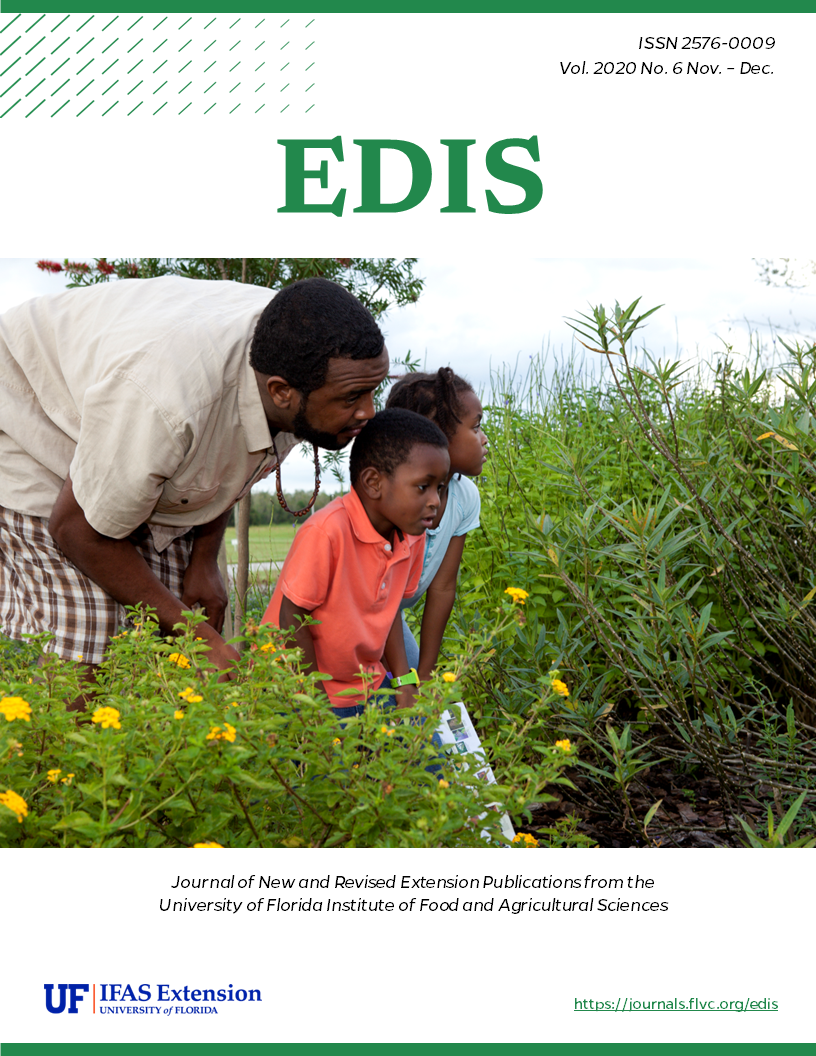Abstract
This document explores the production of peanuts (Arachis hypogaea) in Florida and their potential as a biofuel crop. Peanuts thrive in the sandy, infertile soils of the southeastern United States, particularly in Florida, where they cover approximately 170,000 acres annually. With a high oil content of 45-52%, peanuts can produce over 150 gallons of biodiesel per acre, making them a promising biofuel source. The crop's biology, production practices, potential yields, challenges, and environmental considerations are discussed. Peanuts' adaptability, established production practices, and the potential for breeding disease-resistant, low-input varieties position them as a competitive candidate in the biofuels market. This document was first time published in January 2008.
References
Wright, D. L., and B. Tillman. 2017. Producing Peanuts for the Fresh (Green/Boiling) Market. SS-AGR-190. Gainesville: University of Florida Institute of Food and Agricultural Sciences. https://edis.ifas.ufl.edu/ag194

This work is licensed under a Creative Commons Attribution-NonCommercial-NoDerivatives 4.0 International License.
Copyright (c) 2020 UF/IFAS

